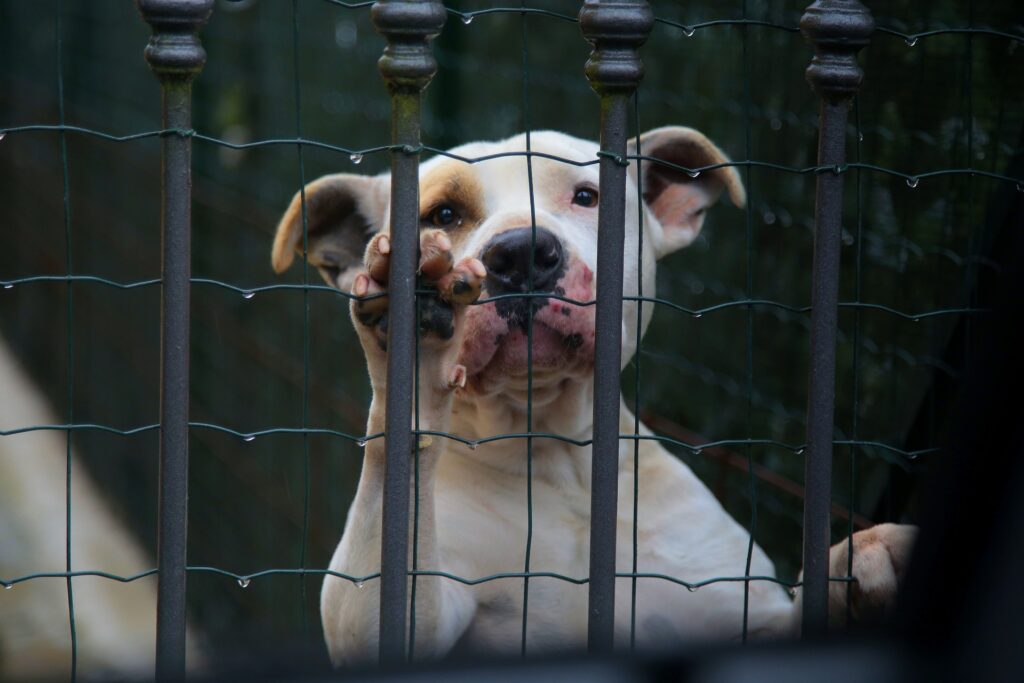On Monday night, the Indianapolis council passed a proposal prohibiting local pet stores from selling dogs, cats, and rabbits.
Proposal 57, which bans stores from selling commercially raised dogs, cats, and rabbits, and encourages citizens to adopt from animal shelters, aims to improve animal welfare and reduce the demand for animals bred in puppy mills and other commercial breeding facilities.
“With this initiative, our city will join an effort that has already shrunk the demand for puppy mills and will ease the burden on Animal Care Services,” said Councillor John Barth.
The proposal is co-sponsored by Councillors John Barth, Zach Adamson, Dan Boots, Jason Larrison, and Ali Brown. It provides a 2-year transition period for existing pet stores to shift to a new business model. This is a reasonable timeframe to allow businesses to make the necessary changes. The proposal recognizes that many pet stores rely on selling commercially bred animals for revenue, and a sudden ban on such sales could have negative economic consequences.
It allows stores to continue selling animals sourced from Animal Care Services or rescue organizations, which can help ensure that the animals being sold are from reputable sources and have received appropriate care and socialization. This will also promote the adoption of animals from shelters and rescue organizations, which can help reduce the number of animals in shelters and decrease the demand for commercially bred animals.
“With the passage of Proposal 57, Indianapolis joins over 440 localities, including 13 Indiana cities, in halting the sale of commercially raised dogs, cats, and rabbits in pet stores,” said Councillor John Barth. “With this initiative, our city will join an effort that has already shrunk the demand for puppy mills and will ease the burden on Animal Care Services.”
Pet stores will not be allowed to charge over $500 in fees and other charges for each animal and must provide information about the shelter where the pet came from. These provisions are aimed at ensuring transparency and affordability for potential pet owners.
“This proposal has been a long time coming,” said Council Vice President Zach Adamson.
The fact that Adamson has stated that the proposal has been a long time coming suggests that there has been considerable discussion and consultation around the issue of commercial breeding of animals and the role of pet stores in promoting animal welfare.
So far, many animal welfare organizations in Indiana have expressed their support for the proposal.

